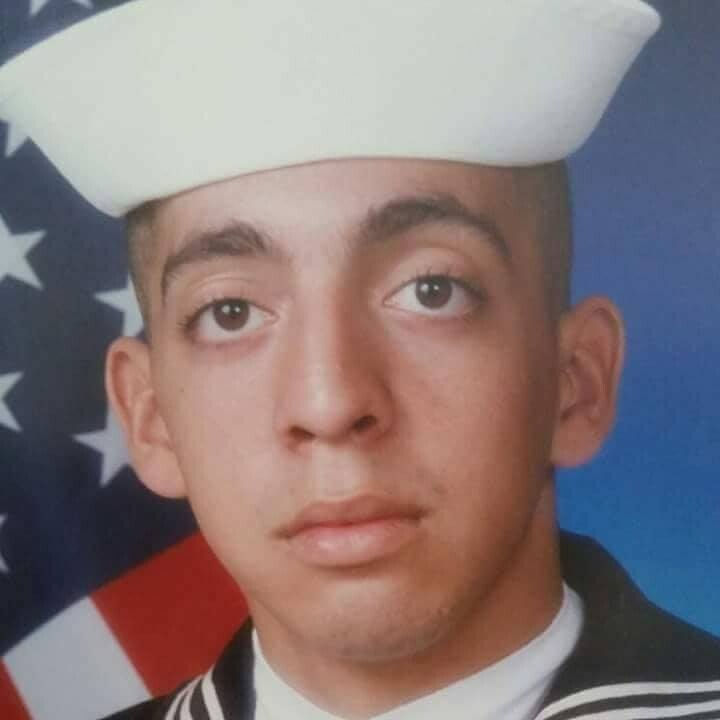Manny Alifonso - U.S. Navy Veteran and Advisory Staff Specialist
- Aug 29, 2023
- 3 min read
What inspired you to get involved in the military?
When I was in high school, I thought I wanted to do auto body work, but I didn’t want to go to school and stay in Fayetteville, N.C. I decided to join the military. My dad - who was drafted into the Army and retired - told me to go to either Air Force or Navy at the time, as they had the best education.

The Air Force recruiter never showed up for the meeting with me and my parents, but the Navy recruiter did print out every job in the Navy and explained some of the programs. The job I wanted I wasn’t eligible for because I missed it by 2 points on my ASVAB test. So, when it came time to pick my job, I was offered a lot of supply type jobs, but he kept pushing the CTO job. I read the job description and had no idea what it was. So, I asked the recruiter what tasks this job would perform. He said – with a straight face – that “I could tell you, but I’ll have to kill you.” I replied: “I will take it.”
In your role at Empower AI, how do you use the skills you learned as a military leader?
The military taught me the value of structure, honor, and integrity. These were valuable lessons, and I uphold these values every day at Empower AI. I manage installation teams onsite while reporting to stakeholders on the status of the project. In the Navy, I was tasked with taking the Intel message board around the ship to all the officers up to O6, which in the Navy is a Captain; in all other services it’s a full bird Colonel. Which makes me very comfortable briefing higher-ups in any corporate structure.
During your career, what are some specific challenges or obstacles you have faced along the way, and how did you overcome them?
Every installation has its own set of challenges. Everything from personality conflicts, supply chain, difficult stakeholders, etc. One thing I learned in the military is to adapt, overcome, or adjust and keep moving forward. I have a drive not to fail, and that allows me to push forward through the challenges and complete the mission or project.
Based on your training in the military, what are some of the key achievements or milestones in your career that you are proud of?
Just like the military, I am proud of my growth in my career. I don’t have any key achievement that stands out as they are all part of the pieces that make up who I am.
From your experience in the military, why is responsible AI important to the future of the military and the nation?
AI is the future. AI helps gather information faster, where older, traditional methods could take hours. AI can reduce that time to minutes, even seconds. This is valuable when accessing intel, potential targeting, or even stuff as simple as logistics.
What motivates you to continue pushing boundaries and striving for excellence in your work?
What motivates me is pride in my work. I take tremendous pride in the work I do. Not just with physical installations but deliverables as well. How a Word document or Excel report looks. All those things might seem small but all play in the bigger picture of professionalism. My work ethic and pride are what was seen before I became an Empower AI employee and was the reason they wanted me to join the team. Our projects and deliverables are our marketing in a different way. People see our work and either say they don’t want us to do work for them or they see our work and are very impressed with our skill and professionalism. Which leads to more work in the future.
In your view, why is it important that we celebrate Military Appreciation Week?
It is important to recognize people who have served our country, as they sacrificed time and some life for us to continue to protect our freedoms.










Comments